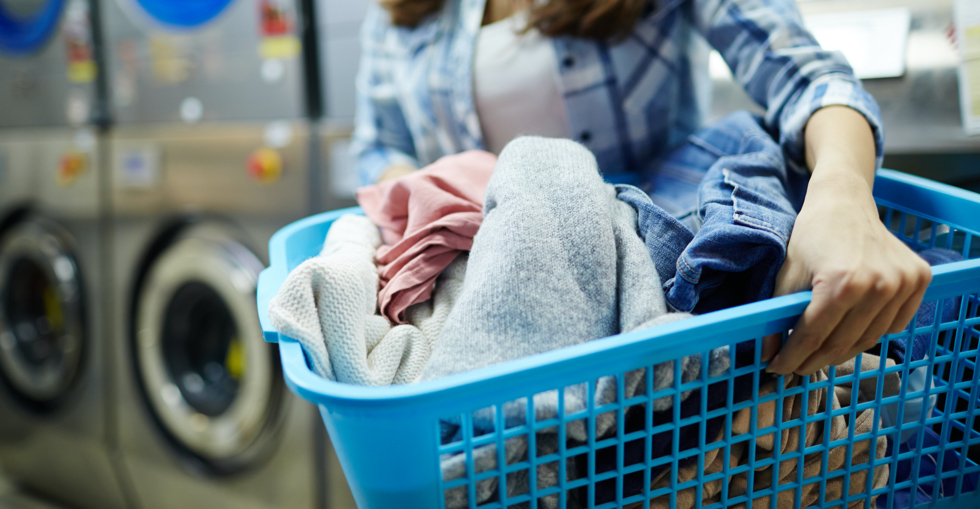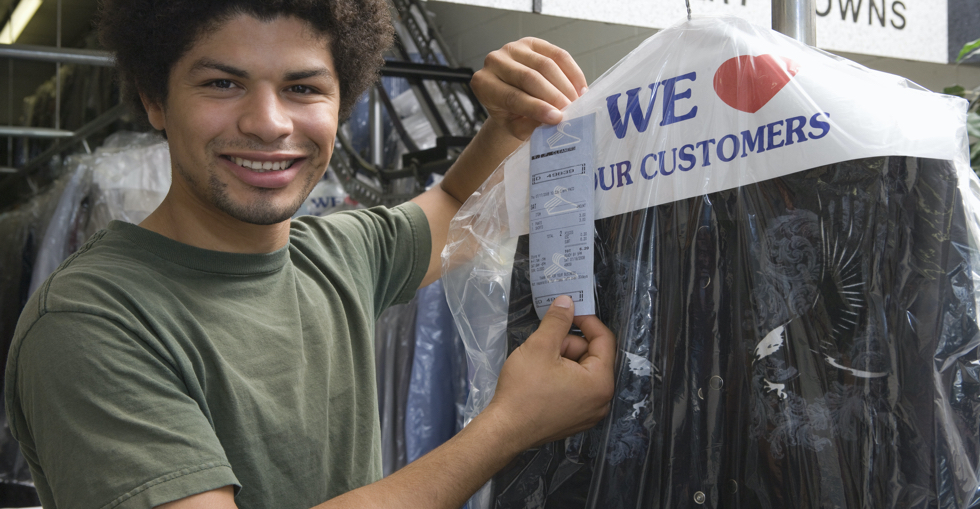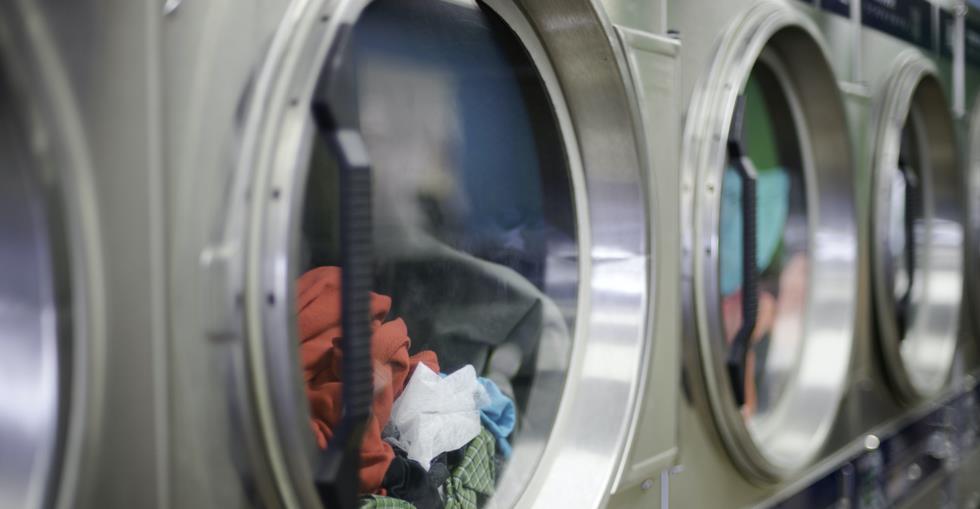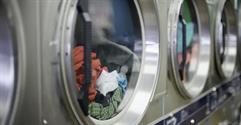The South African washing and dry cleaning industry is part of a personal services sector that contributed about 5.9% to the country’s GDP as of 2016.
There are several dry cleaning chains, such as Boston Launderers, First Garment and Spot-On Cleaners, as well as franchise operators like Nannucci, Levingers and Pressed In Time.
Large industrial laundries, meanwhile, rely heavily on large contracts from the hospitality and healthcare sectors. There are also countless independent, often family-run businesses, plus dozens of state-run laundries within prisons and hospitals.
Overheads and margins
In terms of overheads, a dry cleaners typically requires small premises and no more than one or two staff at any given time. Nevertheless, the cost of maintaining dry cleaning equipment – and washing machines for those that double as laundries – makes this a comparatively low margin business.

Yet the barriers to entry aren’t necessarily that high, whether you want to start or buy an existing dry cleaners. The Washing and Drycleaning Services in South Africa 2020 report points out that no formal training is required to get started, second-hand equipment is readily available and that some people have even started businesses from their homes with a single washing machine and little capital.
Since dry cleaning is power-hungry – and increasingly popular ‘wet cleaning’ also consumes water –prices are sensitive to fluctuations in the wholesale cost of utilities. However, innovation in both machinery and chemicals has made the process more energy-efficient as well as more effective in restoring garments to pristine condition.
Dry cleaning innovations
Some dry cleaners emphasise their eco-friendly credentials as technologies continue to become more economical in their use of power, water and cleaning chemicals.
And being green doesn’t necessarily mean premium prices. After the upfront outlay on more sophisticated technologies, eco-friendly methods offer lower energy costs and the savings can be passed onto customers.

Water-based solvents, for instance, are now widely used in place of carcinogenic, environmentally harmful perchloroethylene (or ‘perc’). Turning the traditional process on its head, ‘wet cleaning’ reduces the potential for water and soil contamination.
The non-toxic silicone-based solvent pioneered by Green Earth Cleaning, meanwhile, is available in South Africa through the Johnson’s the Cleaner Chain.
At the less eco-friendly end of the spectrum, petroleum-based methods are non-toxic but generate carbon emissions, as well as involving significant upfront investment and being less effective at removing the toughest stains.
Diversification beyond dry cleaning
Growing numbers of single-parent families and single-person households means more people with less time for laundry, ironing, sewing and so on.
Africa’s growing urban population also makes cities tempting locations for anyone perusing dry cleaners for sale in the region.
That said, dry cleaners also have to adapt to less favourable trends, and evolve to cope with fierce competition, to protect and grow their revenues.
Multiple factors have squeezed margins or revenues: rising water and electricity costs, unreliable electricity supply, the increase in on-premises laundries in hospitals, the popularity of cheaper but less-long lasting garments, and the rise of domestic dry cleaning solutions and crease- and shrinkage-resistant man-made fibres.

Diversifying into laundry, which is growing at between 5-10% per annum according to The Washing and Drycleaning Services in South Africa 2020 report, has been a safe haven for many.
Many dry cleaners also offer services such as:
- Wash-and-fold laundering or home and office pick-up and drop-off for busy, affluent professionals
- Alterations
- Clothes dyeing
- Shoe repairs and key cutting
- Formalwear rental
- Retail items like ties, cufflinks, shoelaces, shoe polish etc
The seasonal nature of dry-cleaning in South Africa has also driven diversification for at least one business in the country.
“For example, we generally receive less during the summer months as people wear a lot of ‘wash ‘n wear’ items during these months,” Michael Bate, owner of Northern Cleaners in Johannesburg, told BusinessesForSale.com. “In the winter we become busy with jackets, jerseys, coats, scarves, etc from both ladies and gents.
“In order to even out the spread of work over the 12-month period, we’ve started laundry contract work, curtain cleaning, and carpet and upholstery cleaning services.”





